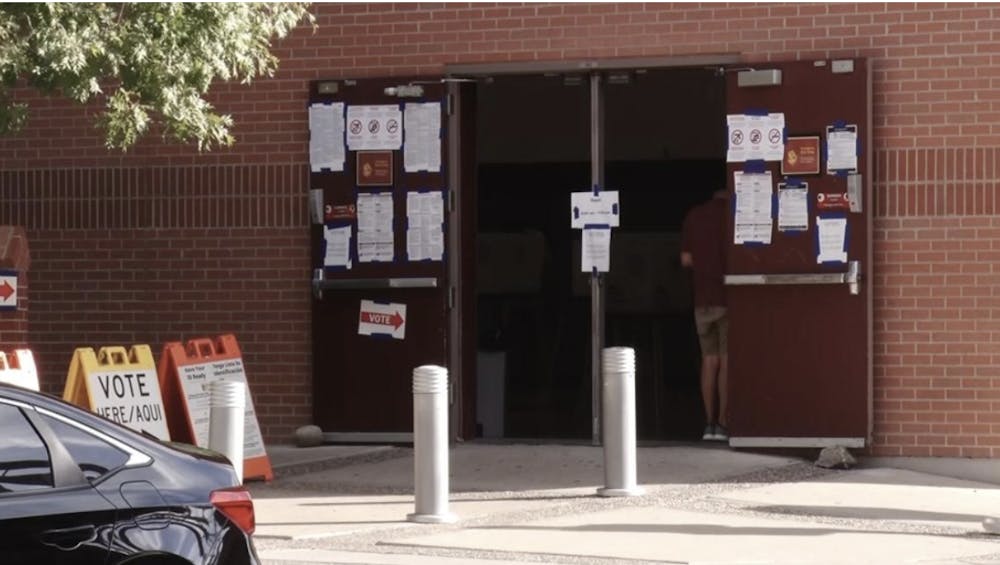Political campaigns placed a high level of emphasis on advertisements and social media pages before Election day. This had an impact on who voters cast their vote for and how voters voted in the election.
The young generation of voters known as Generation Z (Gen Z), people born between the years 1997 and 2006, are the newest generation of voters. They were targeted to vote through podcasts, well-known celebrities and political rallies at universities across the country.
Thom Reilly, a professor at Arizona State University, was one out of four people that conducted a study called “Frustrated But Engaged: Gen Z Attitudes on Voting, Parties and Issues in 2024” in June of 2024.
The study focused on researching what Gen Z thought of the upcoming election, where the majority stands and what impact Gen Z voters were going to make on the swing state of Arizona. According to the study, Gen Z voters made up 18% of all registered voters in Arizona.
Reilly and his partners on the study spoke to a total of 1,315 registered Arizona voters between the ages 20 and 30. Out of that portion of voters in Arizona, 49% of them were registered as independent voters.
“They really wanted nothing to do with the parties, they didn’t see the parties as a platform for their political engagement,” Reilly said.
The majority of Gen Z voters in the study chose to be independent voters because they felt the candidates did not cater to their needs, according to the study. The most popular issues that had Gen Z voters attention were on the economic issues such as affordable living and cost of living.
“I think it also points out that we tend to dismiss Gen Z voters as perhaps not being informed… we saw something different,” Reilly said.
A portion of the Arizona Gen Z voters attend ASU where there are political and civic engagement groups available to students, including the Students Demand Action at ASU, College Republicans at ASU and ASU Civic Engagement Coalition.
Lauren Kater is a previous facilitator for the ASU Civic Engagement Coalition, which is a group of ASU students who want to get involved or are already involved in civic engagement.
That could mean working toward changing large issues or getting guidance on how to be involved politically.
“A secondary reason for students getting involved is they have a cause they are really passionate about and they want to know how to build capacity around that cause,” Kater said.
While the students in the ASU Civic Engagement Coalition work to make a difference and focus on change, they also are a portion of the Gen Z voters in Arizona that impacted the state of Arizona in November of 2024.
Reilly predicted the participation level of young voters to be high in the 2024 election since the 2020 and 2022 elections had the largest participation of young voters since 1972. He also thinks young voters will find new ways to engage politically in future elections.

